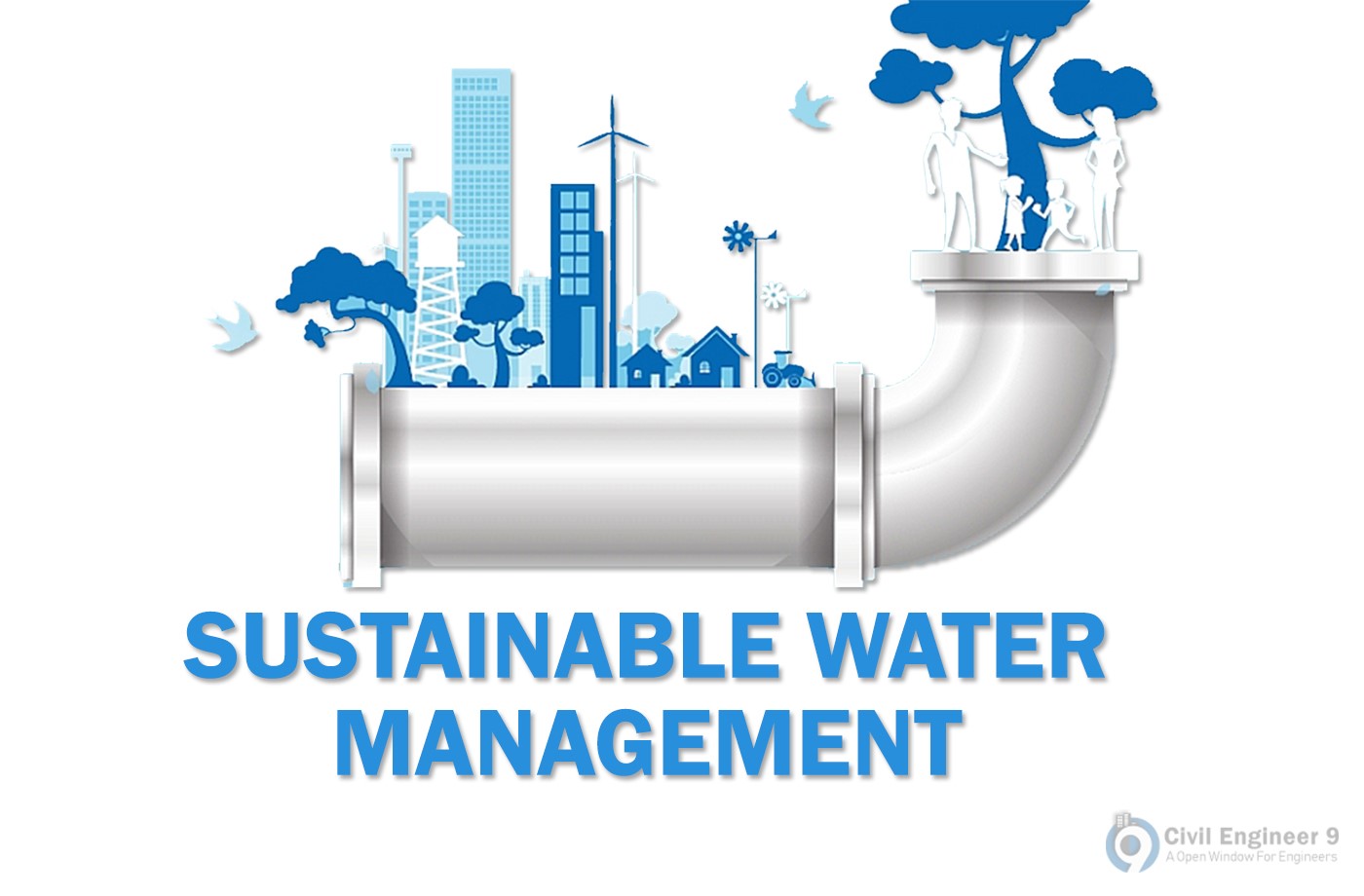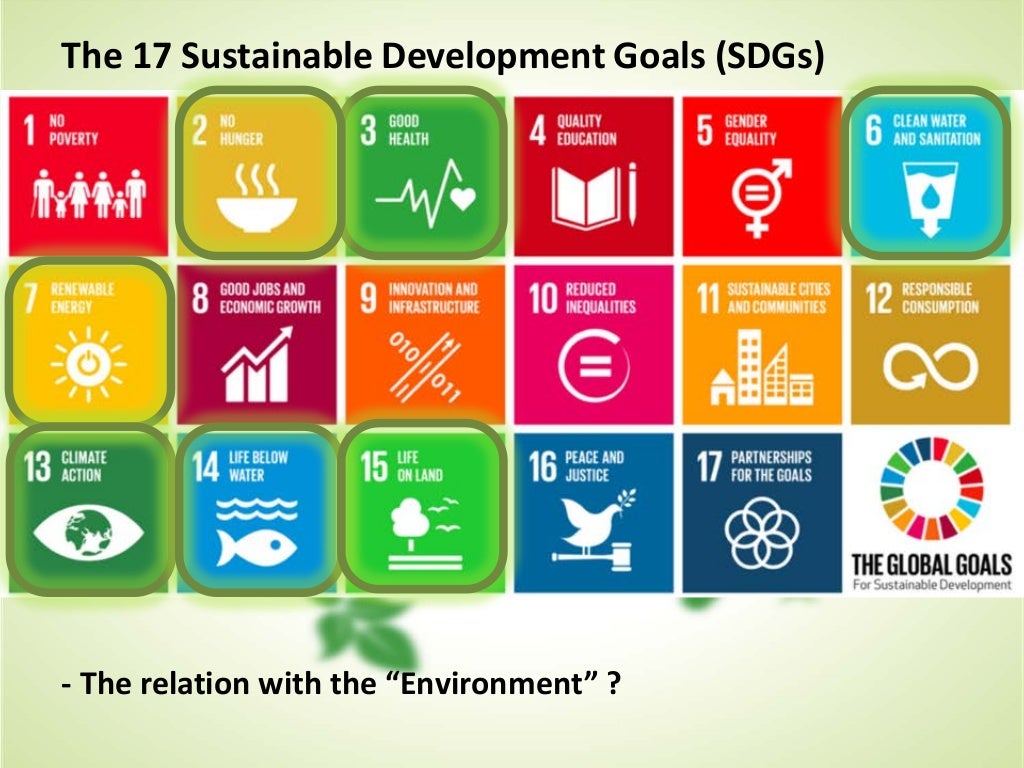The Advancements Of Civil Engineering In Sustainable Water Management

Water management is a critical aspect of modern life. Utilizing water resources sustainably is crucial to ensure a stable environment that satisfies human needs. Most people believe that water management is only about conservation, but it goes beyond that. We need to manage our water resources carefully to ensure that we meet the present and future water needs of our ever-growing population.
FAQs on Sustainable Water Management
What Is Sustainable Water Management?
Sustainable water management is the process of managing water resources so as to balance the economic, social, and environmental needs in a sustainable manner. The goal of sustainable water management is to maintain and improve the availability and quality of water resources for present and future generations.
What Is Water Conservation?
Water conservation is the practice of using water efficiently and avoiding waste. Water conservation is critical in maintaining the availability of water resources and reducing the burden on existing infrastructure.
What Are the Best Ways to Manage Water Resources?
The best ways to manage water resources include:
- Reducing water usage by fixing leakages, replacing old fixtures, and using efficient irrigation techniques.
- Reusing wastewater for non-potable purposes such as irrigation and industrial processes.
- Reducing water pollution by treating wastewater before releasing it into the environment.
- Harvesting rainwater for non-potable purposes such as irrigation.
- Investing in water infrastructure such as desalination plants and water storage facilities to ensure that we have enough water to meet our needs.
What Are the Benefits of Sustainable Water Management?
The benefits of sustainable water management include:
- Reduced water consumption and the associated cost.
- Reduced wastewater generation and the associated cost of treatment.
- Improved water quality and the associated benefits for the environment and human health.
- Reduced demand on freshwater resources and associated negative impacts on natural systems.
- Reduced carbon footprint due to reduced energy consumption.
What Are the Challenges of Sustainable Water Management?
The challenges of sustainable water management include:
- Lack of awareness and public education on the importance of water management.
- Insufficient investment in infrastructure and technology.
- Insufficient capacity to manage water resources effectively.
- Lack of cooperation and coordination among stakeholders.
- Climate change exacerbating water scarcity and flooding.
How Can I Contribute to Sustainable Water Management?
You can contribute to sustainable water management by:
- Reducing your water usage at home by fixing leakages, installing low-flow fixtures, and using efficient irrigation techniques.
- Supporting organizations that promote sustainable water management practices.
- Advocating for sustainable water management policies in your community and government.
- Educating yourself and others on the importance of water management.
The Importance of Sustainable Water Management
Sustainable water management is crucial for the survival of humans and natural systems. The world population is expected to reach 9 billion by 2050, and the demand for water will increase proportionately.
Water scarcity is already a significant problem in many parts of the world. Climate change exacerbates water scarcity by reducing the amount of water available in some regions and increasing the risk of flooding in others.
Water management is not just about ensuring that there is enough water for human needs. It also involves maintaining the health of natural systems that depend on water, such as rivers, wetlands, and ecosystems.
Sustainable water management also provides economic benefits. Water is a valuable resource that is essential for many economic activities such as agriculture, industry, and tourism. By managing water resources sustainably, we can ensure that these economic activities are viable in the long term.
Conclusion
Sustainable water management is critical for the future of our planet. We need to use our water resources carefully to ensure that we meet the present and future needs of our growing population. By reducing water usage, reusing wastewater, reducing water pollution, harvesting rainwater, and investing in water infrastructure, we can manage our water resources sustainably. The benefits of sustainable water management are numerous, including reduced water consumption, improved water quality, and reduced carbon footprint. We must all take responsibility for managing water resources sustainably for the benefit of present and future generations.


Post a Comment for "The Advancements Of Civil Engineering In Sustainable Water Management"